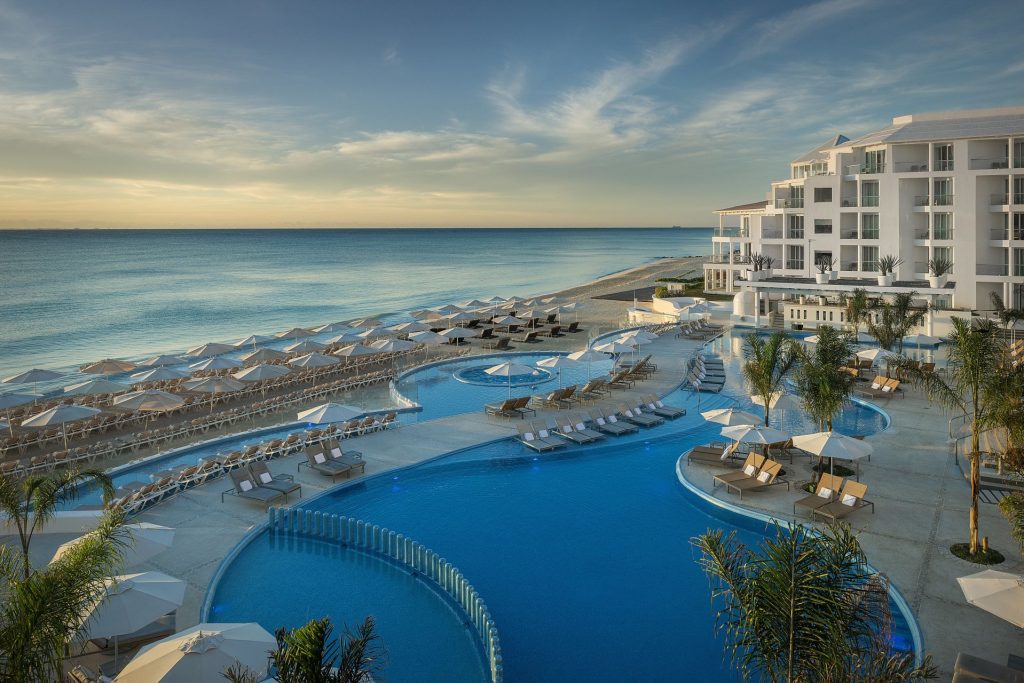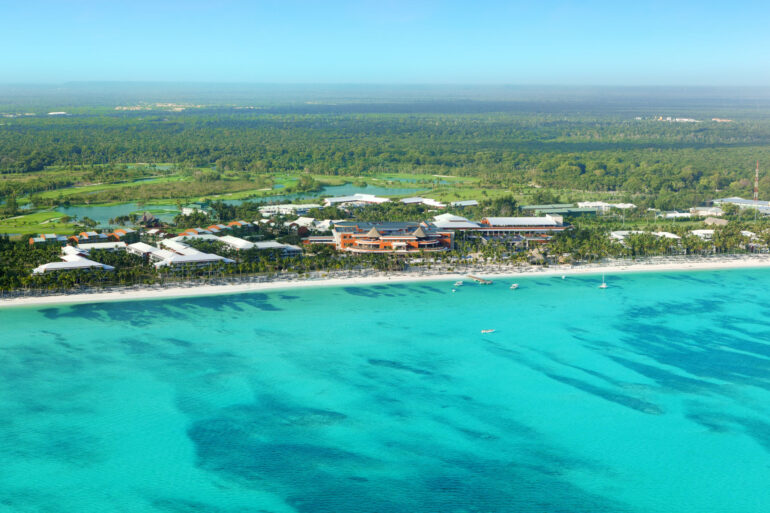The Bahamas is a center of attraction to visitors not only for its paradise-like views, natural beauty, lush resorts, exciting activities, and beautiful marine life but also for its unique dialect. People from different parts of the world go to the Bahamas to learn about its dialect of British English, known as Bahamian English or Bahamian Creole.
Those who don’t know much about Bahamian culture but are planning to visit there should know some famous words or phrases to communicate with the locals. What language do they speak in the Bahamas will be clear if you read this article thoroughly.
Official Language of the Bahamas
Bahamians have two main languages, Bahamian English and Bahamian Creole, which are similarly intelligible with standard British English. Most Bahamian people speak these two languages. Haitian Creole is another primary language spoken by 25% of the Bahamian population. Among the Creole language, there are two varieties- English-based Creole Language and French-based Creole Language.
Bahamian people use English as their official language. After the arrival of British settlers on the Bahamas Islands in the 1700s, the islands became a British protectorate. British English has been widely used in the Bahamas since the English settlers introduced this language to the people of these islands. We see the use of English in the Bahamas government, media, business, and education.
The Bahamas Islands locals speak a different English dialect from standard British English. You will notice their English dialect is heard like British English with the influences of African and island dialects.
Other Major Languages of the Bahamas
Many people in the Bahamas speak the Bahamian Creole language, which has more than 400,000 native speakers. This Language has many similarities to other Creole languages of other Caribbean islands. An English creole is another language spoken by the Bahamians that has a combination of British English and some other native languages and dialects.
The English-Creole language is sometimes called Bahamian. Almost 25% of Bahamians who are descendants of Haitian immigrants use the Haitian language. The immigrants came to the Bahamas in the 19th century, and later on, their influence was seen in the Bahamians.
Haitian Creole is a French-based Creole language developed in Haiti in the 17th and 18th centuries. This language significantly influences English, Taino, Portuguese, West Africa, and Spanish.
Common Phrases to Know Before Visiting the Bahamas

Once you go to the Bahamas, you will be familiar with so many unique slangs and phrases of the locals. You should know those familiar phrases before visiting the islands. Check out some common terms you are most likely to hear around the Bahamians as follows:
1. Sip Sip
Doesn’t the phrase “sip sip” hear so familiar? Many people around the world use this phrase to describe gossiping around town. It also means sipping an island beverage around the islands. However, in the Bahamas, you can catch a little sip sip when it is passed down the grapevine at a fish market. It is also a popular local restaurant name.
2. Bey
You can use the word “bay” to ask about a person, both male, and female. This word refers to any person.
3. Leg short
“Leg short” doesn’t refer to a short-heighted person. This word indicates a person who is always late to attend something or go somewhere.
4. Conchy Joe
“Conchy joe” is commonly used by the Bahamians to refer to a white native or a resident of the Bahamas who has been living there for a long time. You will hear this term in bars and restaurants because it also suggests a famous Bahamian cocktail.
5. What da Wybe is
You can use a prevalent greeting in the Bahamas with the phrase “what da whybe is,” which means “what’s up?”. However, the word “Wybe” alone implies a problem or a bad situation, and “wybin” refers to having an argument or disagreement.
6. Een nothin
“Een nothin” or “nothing much” is a popular form of response to the phrase “what da wybe is.”
7. Well Mudda Sick
The Bahamians use the phrase “well mudda sick” to indicate an expression while getting excited or surprised. Many terms like “wow,” and “are you kidding?” “oh god,” are interchangeable with the phrase “mudda sick.”
8. Low fence
“Low fence” is a short term used to describe someone easy to take advantage of or a pushover.
9. Dem
Using the word “dem” refers to a group of people. As most people do, you should plan to visit the Bahamas Islands in a group. People commonly call you in a group using the word “dem.”
10. Mash up
If you want to show anything broken, damaged, or destroyed to anyone in the Bahamas, use the phrase “mash up.”
11. Potcake
Make sure to distinguish a potcake from a tasty snack in the Bahamas. The word “potcake” describes a mixed breed of stray dogs on the islands. You will hear people use this word very common throughout the islands. The Potcakes have short hair and folded ears.
12. Switcha
Lemonade is a common refreshing drink the visitors like to have while enjoying the beachside, in the resorts or hotels. What would you use if you wanted to order a lemonade somewhere? “Switcha” is the word that means lemonade in the Bahamas. This drink is made with key limes mixed with sugar and water.
13. Jam up
The Bahamian people use the phrase “Jam up” to suggest a place full of crowds or full. During the island’s peak season, you are in jam-packed tourist spots, beaches, and resorts, where you can commonly hear this word spoken by the people around you. You can also use this phrase to express your ideas about crowded places.
Also Read: Best Time to Go to the Bahamas
In Conclusion
You should make your trip more meaningful by making real-life connections to the local people of a particular travel destination. A curious traveler can get the best out of his travel by knowing about the culture, traditions, and language of a country or region. The Bahamas Islands have unique tourist places, beautiful things to do, lush resorts, and unique traditional foods, but a true traveler is keen to explore the island responsibly.
If you are one of those tourists who like to connect to the people of your travel destination and communicate with them in their languages, you will get once-in-a-lifetime experiences.
You are welcome to explore the Bahamas more meaningfully, but before visiting, you should know what language they speak in the Bahamas. Hopefully, this article has required your fulfillment regarding the language of the Bahamas.
